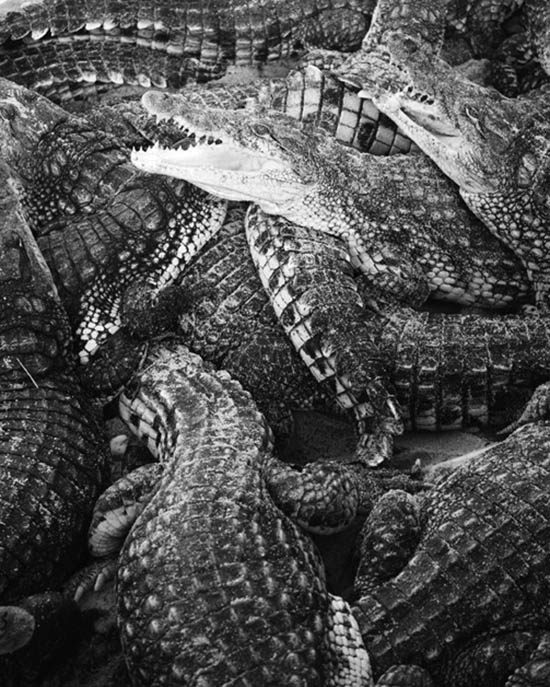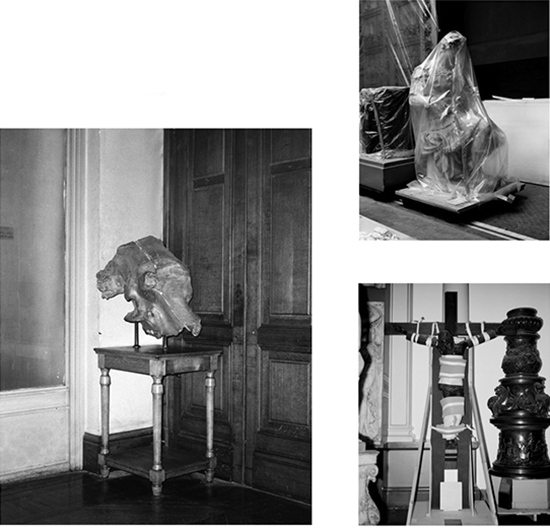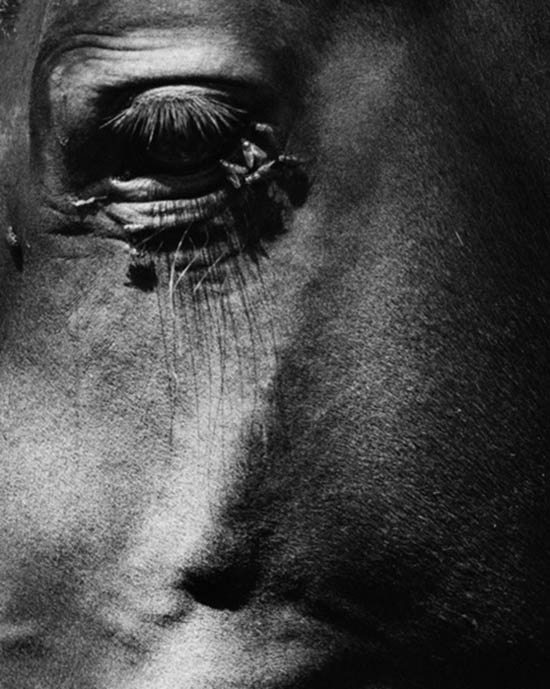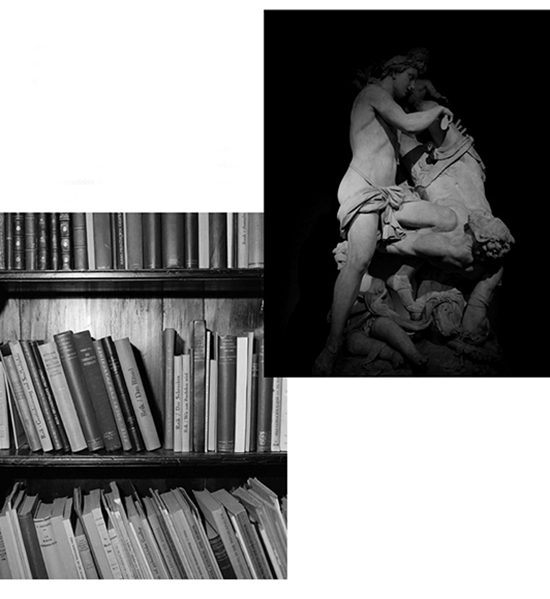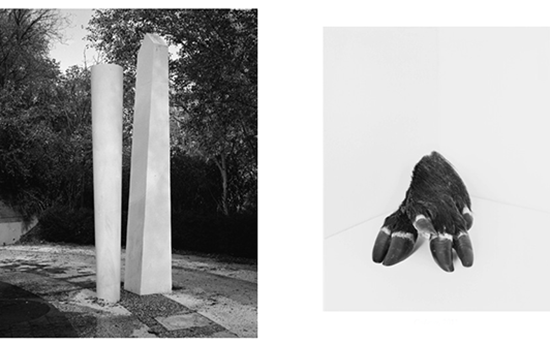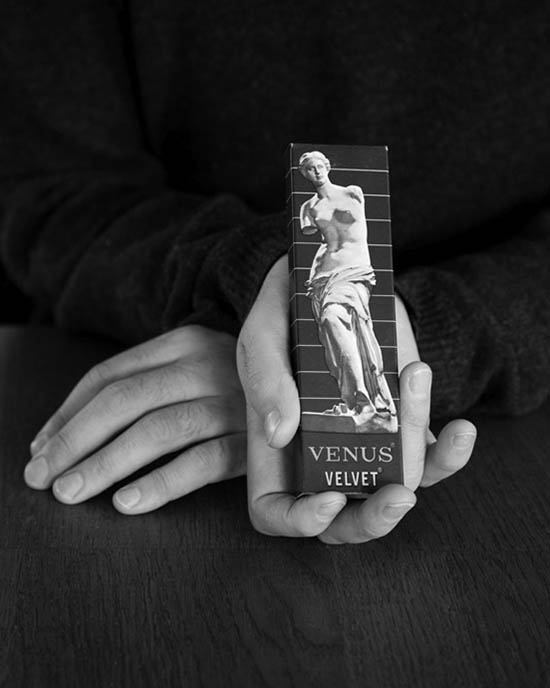Interview – Tereza Zelenkova
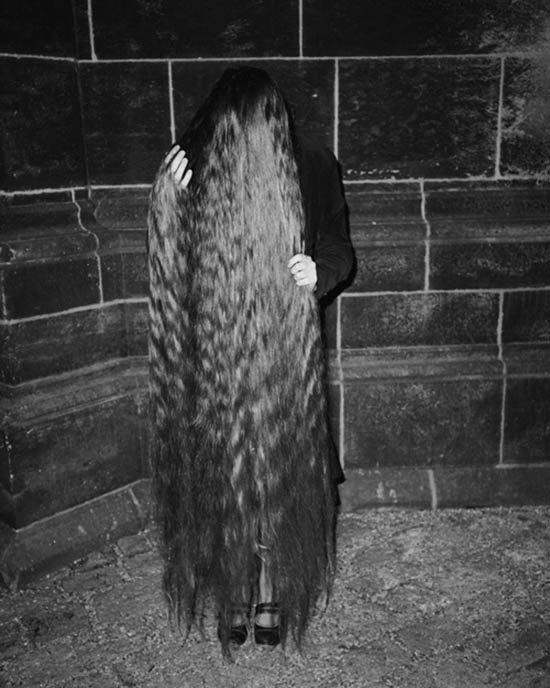
A photographer has many jobs – the creation of lasting images is but one: figuring out the means and mode of communication; defining and refining a voice that communicates visually; and finding evocative ways to honour, advance or rattle the medium are others still. Carving out a path and seeking meaning in our existence (should we be blessed with that luxury in the form of time, means, or agency) is a challenge that befalls all of us, though many choose not to face their existence straight-on, for to do so would be to acknowledge its one certainty: death. Who among us does not excel at distracting ourselves from this certainty? From pretending that the inevitable does not concern each and every one of us? We do everything we can to avoid this discomfort. We consume things we don’t need, we buy things we don’t want, we watch shit TV shows, we text instead of sitting, standing or walking alone. We create commotion in our minds to drown out the infinitum of feelings that come with being human. We are so good at this that we have no idea what it is, conversely, to give meaning, investigate, and explore our certain end, in earnest and with acceptance. For those for whom creation is endemic to their existence, however, defining oneself happens via the work, and this certainty, this fear, these investigations of the self and of our relationship with life itself becomes clearer because of the work, through the work. What are we working out if not our own psyche? If not to make sense of the end? For photographer Tereza Zelenkova, who stares at her world squarely in the eye, investigates it bravely, pokes, prods, and provokes its more unanswerable themes, to photograph is not actually about the end at all, but about how to live, and how to live on.
Tereza has been organising her work online in a manner that is more than just a photographic method. She presents the viewer with an incomplete alphabet, wherein each letter from A–Z will eventually be ascribed a word. For now, the words she has chosen (or that have chosen her) are ascribed an image or a set of images. They relate in as much as she is their creator. These words will come to form her own alphabet, one that over time will represent how she collected, catalogued, and made sense of her own experience. We are all working through our own terms, themes, and myths, but most of us do not attempt to manifest them tangibly in real time.
She shoots in monochrome, refreshing in a sea of colour flash. Her images are subtle clues that will lead towards her own inevitable. Her scenes are majestic but never overt. The rocks are grand, Mars-like, with few signs of life. The space she inhabits is timeless: we are looking at a white castle atop a jagged edge that sprouts out of messy flora and a calm, dark water. She shoots orange trees at night, subverting the idea of fruition. We sit in Freud’s chair and wear his glasses; we touch his paperweights, flip through and smell the pages of his old hardcover books. The caves are intimidating, pitch-black and engulfing, but she goes in anyway.
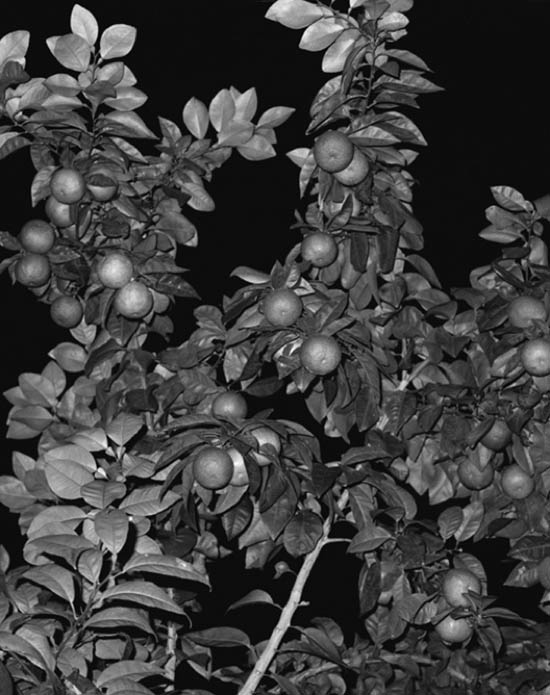
Can you talk about the residency you’re currently involved in? How is it furthering your work?
I spent two weeks at a farm in Burgundy, France. It was more self-imposed exile from London than residency, although we were pretty serious about going there to make work. Basically, four photographers and I find it really hard to make work within the hectic lifestyle of a metropolis. So, we decided to take refuge at our friend’s farmhouse and try to make some work there. It was quite interesting to work within the limitations of a detached place, and personally I found it quite liberating, as there was no pressure to produce. It was just fun making work with your friends, trying to experiment, and making things you wouldn’t necessarily normally do.
I ended up shooting quite a few portraits of my friends. I staged them into different roles and created a small series that is a sort of mock documentary about utopian society full of beautiful longhaired women living on a farm, shooting guns and stuff. I very much enjoyed working like that.
What is driving you?
I tend to work quite intuitively, initially concentrating on single images and only later I think how they could work together. Sometimes I am shocked how everything fits together in the end, without me initially understanding what exactly would be the end result of my work. I think that if you let go of any rational expectations about your work and create images instinctively or emotionally, they always somehow complement each other at the end because they are a genuine reflection of who you are and your interests in life. I think I’ve learnt a lot about myself, about things that fascinate me, through my photographs. There are things that even you don’t know about yourself or don’t think about them as a conscious choice, however they all make up who you are and I think that’s something that often comes up in people’s work. I am interested in photographers that don’t present only interesting subject matters in their work, but mainly their individual vision of themselves.
Can you describe the presentation of your website in further detail or how various projects are being organised? How are you choosing the words? (‘Melancholy’, ‘Museum’…)
I decided to restructure my website few months ago as I always found it a bit frustrating to work in clearly divided projects and present my work in separate portfolios. Now all my pictures are divided into dictionary terms that I interpret very freely and I often try to subvert viewer’s expectations of each term. The subject matter of most of my work is so ephemeral, and often I am the only connection between the individual pictures, that I find it much more liberating to present my work this way. This allows me to freely mix the terms, and when exhibiting my work I can create ever-changing combinations of images that each tell a slightly different story. Obviously there are works that were meant to be part of a series and they will always stay together as a group, such as Index of Time, a project I shot in a cave in the Czech Republic together with Peter Watkins.
The way I go about choosing the terms comes, once again, from the things that I find important, fascinating or that simply re-occur in my work. Each term is then accompanied either by my text, or with excerpts from literary works that somehow influence my work.
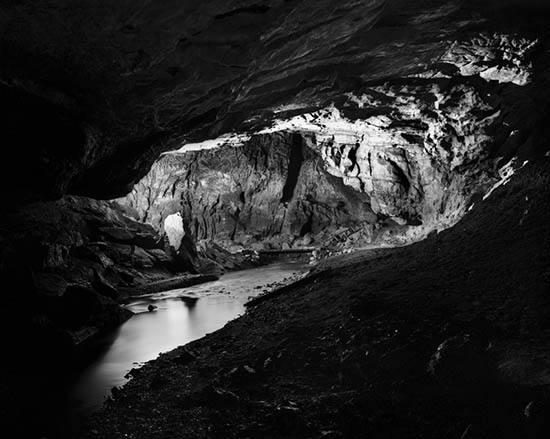
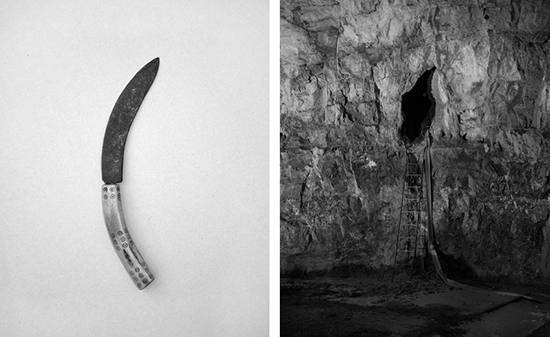
Do you have any other rituals in your life
I think modern life is filled with rituals more than ever before. ‘Life’ for many people could be described as a set of repetitive actions that remain exactly the same every day – get up, brush your teeth, drink coffee, get on the Tube, sit in front of a computer, eat lunch, more computer, get back on the Tube, eat dinner, watch TV, brush teeth, sleep. This is something that I am desperately trying to avoid in my life. I’d like every day to be entirely unique. Of course this is not always possible to achieve, but it is something that I really aspire to. The problem with modern rituals is that they don’t have any meaning; it can be said that they are rituals without a myth. They are completely meaningless set of actions that we repeat every day but the only way we can measure their value, their purpose, is through a pay cheque at the end of the month. And this detachment we have from work and the way we value our life – through consumption – is something that I’m trying to avoid.
Your photographs are seemingly calculated, patient, thoughtful. Are you the same? Is there any disconnect between how people read your photographs and you, yourself?
My photographs are everything but calculated when I’m taking them. I only regain the control over my images through looking at them in retrospect and editing. I give a lot of thought to my work and I am far from satisfied with anything that I’ve ever produced. But what’s the most important for me in my work is to be genuine. This doesn’t mean that other works don’t influence me but I really try to make work that is not calculated and that comes from within me.
What do you think about place as it relates to one’s work? Would you be creating the same work were you not in Europe? Along similar lines, what did the south-west do for you (or to you) while you were making Supreme Vice?
I think that the place is always a big influence on one’s work, especially if you work with photography – a reality-based medium. However, at the same time, everyone should have his or her own artistic vision. You can see a good example of this in the show that we did with the works made on the farm. Everyone had ten days in the same clearly defined location, yet everyone produced something completely different, even though we often shared props and modelled for each other. Ultimately it never matters where you are, but who you are.
